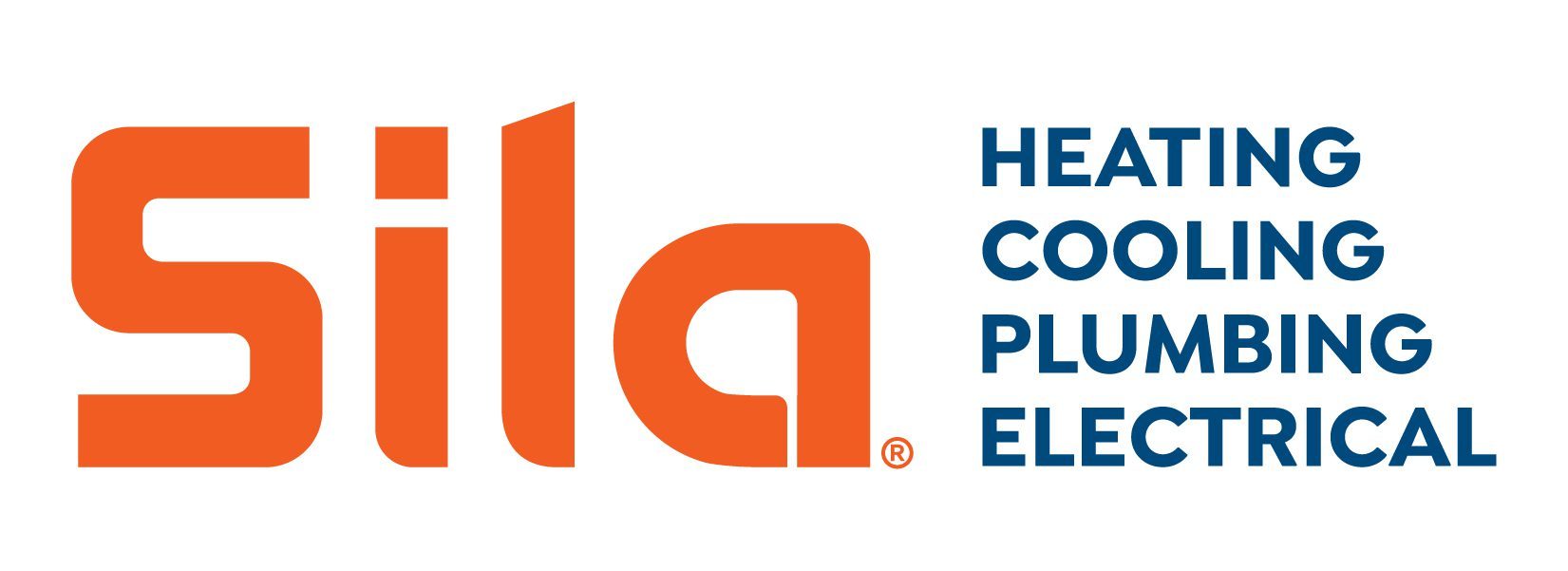Copper piping has a well-earned reputation for quality and longevity. Strong and lightweight, it’s often viewed as a problem-free piping material for indoor water distribution.
While copper is corrosion-resistant, it can still break down over time—particularly if you live in an area with mineral-heavy water.
Unique to copper piping is pinhole leaks. Caused by corrosion, pinhole leaks are tiny holes that develop over time and can be a sign of systematic plumbing failure.
In this post, you’ll get a better understanding of the cause of pinhole leaks and how to prevent them in your copper piping. We’ll also provide recommendations on if and when it’s appropriate to replace your copper piping.
If you’re reading this and are currently experiencing plumbing issues resulting from pinhole leaks, give us a call. We’ll talk you through your options.
What causes pinhole leaks in copper pipes?
Pinhole leaks slowly develop when corrosive materials on the inside of the pipe wear through the metal, forming a leak.
The primary cause of pinhole leaks is the composition of the water flowing through your plumbing system. Hard water—high amounts of dissolved calcium and magnesium—or water that is too basic (low pH) or too acidic (high pH), can all contribute to copper pipe corrosion.
As these minerals in the water supply are pushed at elevated pressure through your pipes, they can wear out the inner linings, especially in areas where the water is forced to change directions quickly, like fittings and elbows.
But minerals and water velocity aren’t the only culprits. Sand, sediment, or other grit in the water can also deteriorate copper piping.
How to tell if a copper pipe is leaking
Copper pinholes are slow leaks that can go undetected while they seep moisture into the insulation and wall cavity of your home. As the pinhole leak persists, the opening will become larger and the output volume of water increases. Eventually, the leak becomes more obvious and more urgent.
Because they are not easily detected at first glance, it’s helpful to have your pipes annually checked for pinhole leaks by a plumber.
How long do copper pipes last?
Residential copper pipes typically last from 20-50 years depending on the type. Certain types of copper piping are more susceptible to corrosion than others. A professional plumber can help determine if your home is equipped with a thinner variety that will degrade faster.
If your pipes are more than 20 years old…
If your home was built in the 1980’s or earlier, and you’ve already noticed pinhole leaks, the issue is likely systematic. As copper ages, the inner lining of the pipe weakens, making them more prone to pinhole leaks. The most cost-effective option may be to re-plumb your home.
How to fix or prevent a pinhole leak in a copper pipe
If your pipes are less than 20 years old and you’ve yet to notice pinhole leaks or only noticed a few, they are a few preventive steps you can take.
First, consider reducing the water velocity flowing through your copper pipes. This will prevent minerals in the water from traveling too fast, lessening the risk of corrosion.
Secondly, have a plumbing expert inspect the size of your pipes. If too small, they can increase the friction of the water rubbing against the lining of the pipe. Banging noises could be signs your pipes are too small. You can minimize velocity by using larger-diameter pipes.
Consider installing a home water softener
If hard water is an issue in your area—or if you’re on well water—consider a whole-home water softener. These systems remove dissolved minerals from your water supply, preventing the mineral buildup that can react negatively with your copper pipes.
Start by getting an accurate water analysis that tests for pH, hardness, alkalinity, and total dissolved solids. Based on the results, you can determine the next best steps for how to adjust the water composition flowing through your copper pipes.
Rely on a Plumbing Expert for Peace of Mind
A professional plumber from Sila can inspect your copper piping to make sure it doesn’t contain pinhole leaks, and provide further guidance on how to fix the problem if it does. Just give us a call or make an appointment online and we’ll talk through any questions you have.

